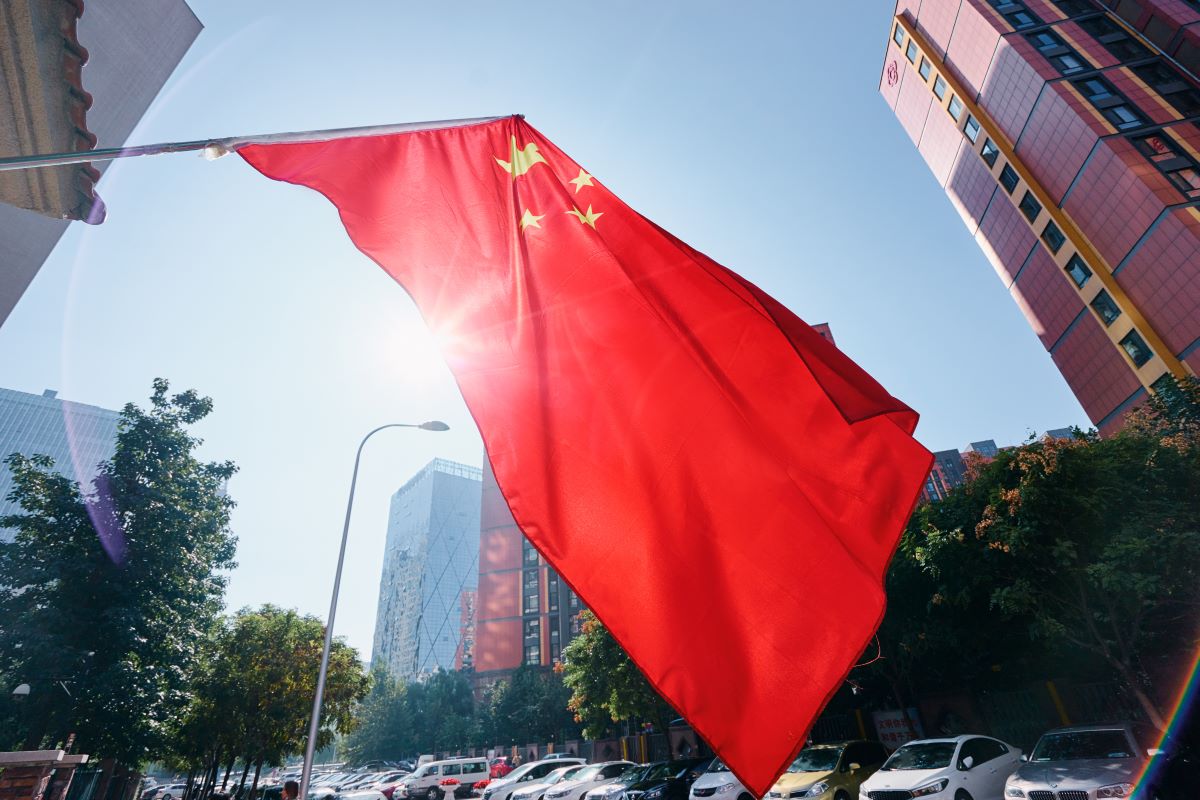While the central banks of most developed countries continue to tame excess inflation after an extended period of excessive monetary and fiscal easing, emerging markets demonstrate varied dynamics, as per a recent assessment by Newton Investment Management. The asset manager found a divergence between the outlook for developed markets and emerging market inflation.
Not only did many emerging economies avoid excessive monetary and fiscal stimulus during the pandemic, but they also positioned themselves ahead of the curve in terms of interest rate hikes amid rising global inflationary pressures in 2021 and 2022. The London-based asset manager expects inflation in developed countries to reduce in the near term but predicts that it would stay volatile and prone to upward spikes as experienced during the 1970s.
Newton IM believes that China is playing a major role in exporting lower inflation to emerging markets with increasing trade and investment integration within the bloc, while China’s trade with the US and many Western countries declines.
“However, if there is one inflationary dynamic that will favour structurally lower price rises in the emerging world versus the developed, it is the former’s constructive trade and investment relationship with China, while the developed world continues to reduce ties and increase protectionism,” explained Richard Bullock, portfolio manager in Newton’s Fixed Income team.
The asset manager further points out the changing economic environment in China. The nation experienced consumer price deflation over the second half of 2023 and producer price deflation for the entire 2023. Due to China’s economic model and long-term high savings rates, the nation always had a high level of investment to its GDP. However, the world’s second-largest economy is now suffering from low domestic consumption.
“The consequence for China of operating such an economic model (i.e. insufficient domestic consumption, excessive domestic investment, large state subsidies) is that it risks upsetting trade partners,” informed Bullock. He also expects tariffs from the US to continue or even increase under a likely presidency of Trump in future.
The insight further points out China’s role in international trade. Newton IM believes that most of China’s trade partners in the ‘Global South’ (non-G7 countries) would not resort to protectionist measures and continue trading with the nation. This is because China invests in their infrastructure and purchases their commodities.
With the growing trade and investment integration of China with the Regional Comprehensive Economic Partnership (RCEP), African and Latin American countries, the country would be exporting lower inflationary forces, thus facilitating lower interest rates across the emerging-market bloc, as per the asset manager.
Against this backdrop, Bullock elucidated, “We believe this is good news for emerging-market local-currency bonds, which we expect to perform strongly over the coming months.”
He further stated, “By contrast, protectionist measures by the G7 will continue to limit China’s incremental access to these markets, which means the G7 will miss out on the lower goods price inflation that China can provide.”
According to Newton IM, disciplined monetary and fiscal policies, flexible labour and industrial markets, and a good trade relationship with China would help reduce the emerging-market local-currency cost of capital, thus benefitting both emerging-market local-currency bond and equity holders. “In our view, investors should consider being overweight in both emerging market (ex-China) bonds and equities in 2024,” concluded Bullock.










 Australia
Australia China
China India
India Indonesia
Indonesia Japan
Japan Malaysia
Malaysia Philippines
Philippines Singapore
Singapore South Korea
South Korea Taiwan
Taiwan Thailand
Thailand Vietnam
Vietnam Germany
Germany Hong Kong
Hong Kong USA
USA Switzerland
Switzerland Singapore
Singapore
 United Kingdom
United Kingdom








